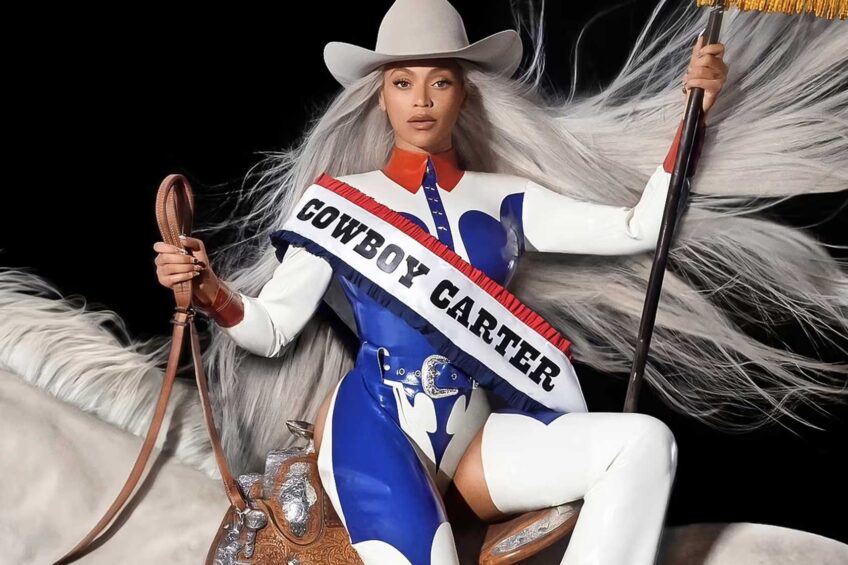Banner reader Kimberly Smith recently checked in with the following letter to the editor:
“I was just wondering why, [when people] all over the country … celebrate Juneteenth, was just mentioned as a reunion? Did I receive misinformation? I was told that I was attending a Juneteenth celebration. I do realize that there was no mention and very little information on the origin of Juneteenth, and I feel like that’s an injustice to many who just have no clue to why they were celebrating. There’s a history to the celebration and maybe the Banner should have given some insight into the past. The Banner had no problem , but never named the celebration here anything more than a giant cookout and reunion. Why?”
That’s a mighty fine question, and one that deserves an answer.
First off, you are right. We didn’t have any problem providing readers with a story on the Juneteenth celebration in Dallas, Texas. As you know, Juneteenth was about the shameful story of slaves in Texas and how they learned from Gen. Gordon Granger of their freedom months after the Emancipation Proclamation and end of Civil War.
It’s only natural that the descendants of those slaves there would have a decidedly different view of U.S. history and would plan their celebration accordingly.
The Associated Press story that we published went into great detail about the Dallas commemoration and showed readers the level of involvement that those planners had incorporated into their two days of events, starting with the transformation of a farm into an 18th century African village — complete with African cuisine and tribal drumming — and ending with the arrival of slave traders.
As you also know, Boston didn’t have quite the same celebration. It could be the result of Boston’s history, where people of color were “free” dating back to well before the Civil War and into the 18th century. Rightly or wrongly, slavery as a practice doesn’t hold much currency here. But slavery as a moral outrage does, and no other place in America can argue with Boston’s historical place as the home of the abolitionists, the fieriest of civil rights advocates.
But the history of slavery — and the role of abolitionists — does not play a major part in the annual Juneteenth celebration in Franklin Park.
What appears to matter most is the idea of family and reuniting with old friends. Some people traveled hundreds of miles to be a part of the homecoming, and while Juneteenth was frequently mentioned in conversations, it wasn’t the dominant theme of the day. Being at home with family and friends was.
The piece we ran on the front page captured that feeling in a beautiful way. The photo of John Wyche smiling, with his arm around the shoulder of his daughter Niambi, was also poignant.
Here’s the bottom line:
Every story can’t tell everything.
That’s why we published both.
Howard Manly is the executive editor of The Bay State Banner. Want to let him know what you think? E-mail him at hmanly@bannerpub.com or sound off in the comments.






